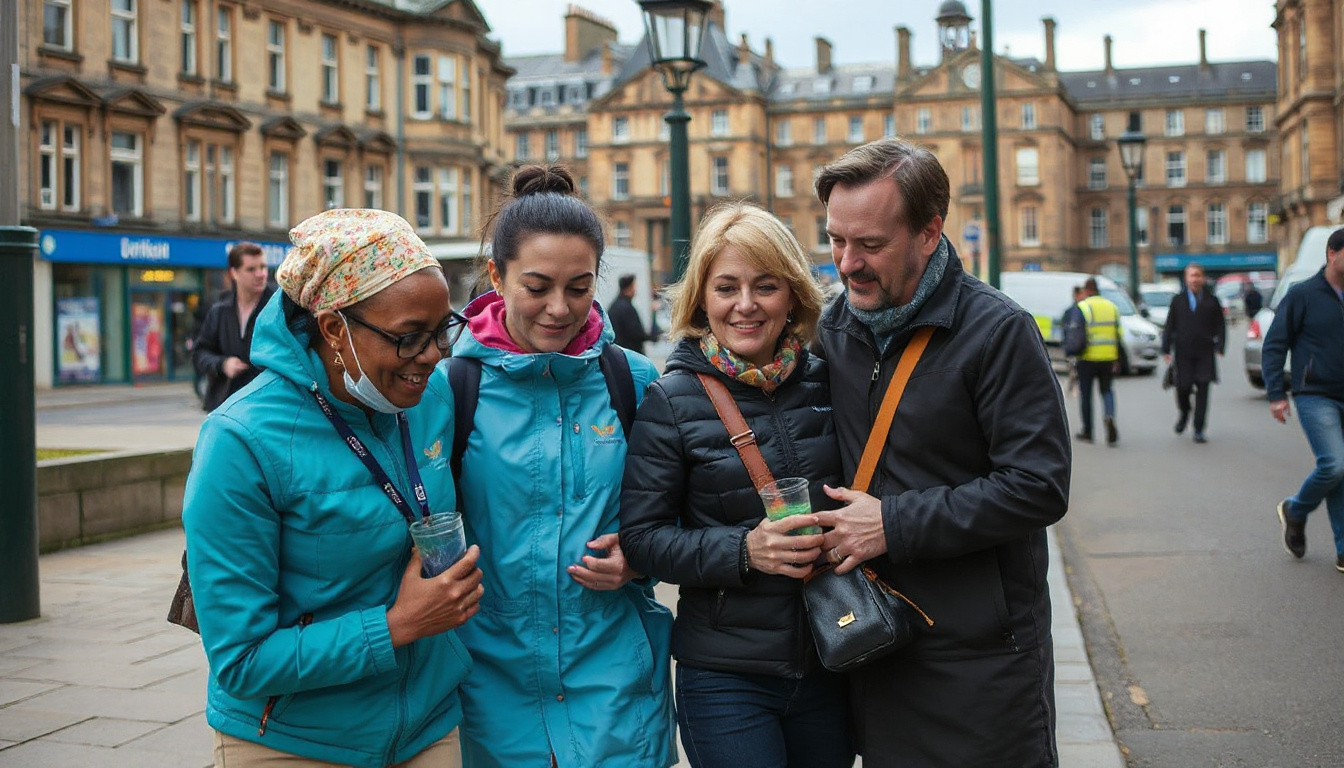Urgent Move for Edinburgh’s Homeless: A Shift from Unlawful B&Bs and Hotels
Edinburgh, Scotland – The City of Edinburgh Council has set a plan to move hundreds of homeless people out of unlicensed temporary housing. Many live in B&Bs and hotels without a valid license. The council worries about health risks and safety gaps in these places.
Background: The Rise of Temporary Accommodation
Temporary homes grew during COVID-19. Emergency rules led the council to provide rooms in B&Bs and hotels. Now, over 700 households live in 28 sites that do not follow HMO rules. A recent meeting ended with a pause on new requests for homeless housing and non-urgent fixes. The council now wants to move people from unlicensed homes to safe places by early December.
Legal and Safety Concerns
Councillors heard warnings from legal advisors about the risks of using unlicensed homes. They said that running these homes might break the law. The usual health and safety checks for HMO licenses are not done well. This gap puts vulnerable people at danger.
Licenses ask landlords to prove they can run homes that give proper living space. They must supply enough kitchens and bathrooms. Many hotels and B&Bs do not meet these rules.
The Council’s Strategy Moving Forward
The City of Edinburgh Council has set these steps:
-
Stop Payments to Unlicensed Housing: The council will end payments to these providers by early December.
-
Focus on Social Housing: New council housing applications will pause until January. People with disabilities and patients leaving the hospital can still ask for help.
-
Use Current Resources: Staff work to fix empty homes and make them livable. The Edinburgh housing portal, EdIndex, now runs a temporary system to help those in need under high pressure.
Jane Meagher, the council’s housing lead, said rising private rent costs and low government funds have created high demand. She stressed that without quick action, many people may end up without a place to sleep.
The HMO Landscape
A House in Multiple Occupancy is a building that hosts three or more households. People share kitchens, bathrooms, and other key spaces. The law requires landlords to hold an HMO license to run these homes. In Edinburgh, illegal HMOs create both a legal worry and a social challenge, leaving many families waiting for safe housing.
Reports show that the number of households in temporary homes grew from 3,570 in 2020 to over 5,000 in 2023. The council now faces hard work to meet legal rules while supplying quick housing help.
Moving Local Housing Solutions Forward
The decision is now in force. Edinburgh City Council will work with the Scottish government to find answers for the homelessness problem. Officials are set on ensuring that new temporary homes follow the rules and give safe, proper living conditions for all.
In summary, the move to clear people out of unlawful B&Bs and hotels meets legal rules and brings safer places for families. The plan uses current assets and follows strict checks to help those at risk.
Sources
- BBC News. (2024). Homeless to be moved out of unlawful B&Bs and hotels.
- City of Edinburgh Council Report HMO Restrictions.
- Shelter Scotland, "Homelessness in Scotland: The Current Situation" Shelter Scotland.
- Scottish Government, "Guidance on Licensing and HMO Regulations" Scottish Government.
For further information on housing rules and help for homelessness, visit the official websites of Shelter Scotland, City of Edinburgh Council, and the Scottish Government.
Disclaimer: This article has been generated by AI based on the latest news from Google News sources. While we strive for accuracy, we recommend verifying key details from official reports.




